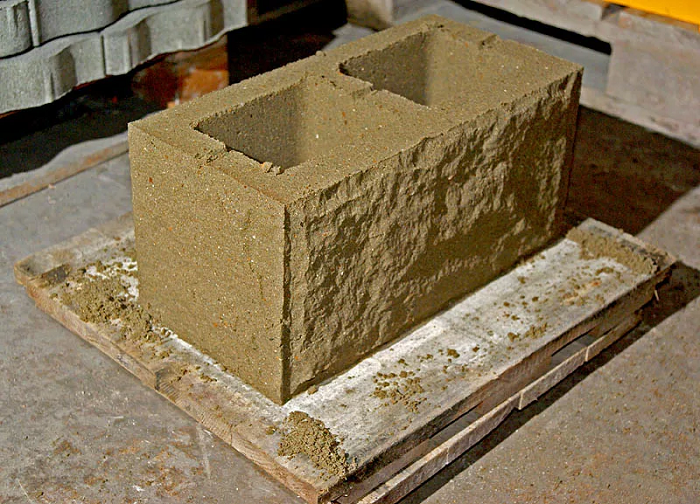South African students made a biological brick from sand mixed with human urine and other bacteria. Such an eco-friendly material not only makes it possible to minimize the amount of human waste, but also, according to researchers, to combat climate change.
Eco-friendly sand building block
The fact of the senseless formation of kidney stones in environmentally active homo sapiens prompted a group of researchers from the University of Cape Town to find a way to use the natural process occurring in the human body for greater benefit to nature. Moreover, the previously tested option of using human feces in the production of the same brick was not particularly successful. Sand bricks are made using the so-called microbial carbonate precipitation method, which is close to the method of shell formation.
As scientists explain, to do this they mix stabilized urine with sand and bacteria that produce a special enzyme called urease. Such bacteria are capable of breaking down urea and creating a solid, calcified by-product that cements the sand particles into any form wherever they are found.
The advantage of the technology is that the entire process occurs at room temperature, whereas in the production of traditional bricks there is an emission of carbon dioxide due to the operation of kilns.
First, the clear, light yellow liquid that forms in the kidneys must be collected. For this purpose, special urinals have been developed that convert most of the liquid into solid fertilizer. The remaining urine is then added to loose sand colonized by bacteria, which convert it into an enzyme. He interacts with urine for four to six days, cementing the sand into bricks or other products that replicate the shapes of the containers used for this.




